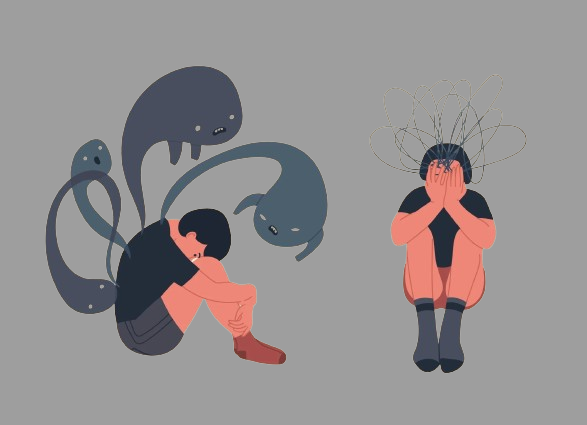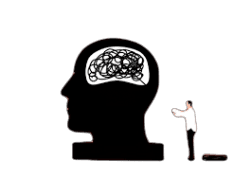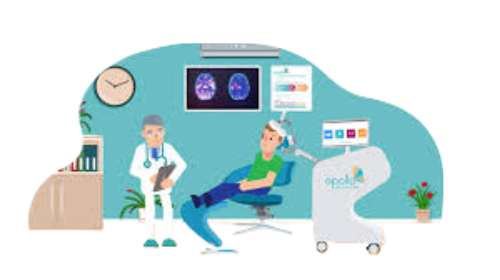Individuals that have catatonic schizophrenia may not respond or reply to what’s happening around them, yet they might be aware of it all. They may also cycle between not reacting and durations of high activity, where they could act violently and get themselves in a danger . If you notice abnormal behavior in yourself or a loved one, speak to a mental health professional as soon as possible. They can assess whether those signs could indicate schizophrenia or related mental illnesses.
Hallucinations is one of the primary symptoms of schizophrenia and may include hearing voices but can also involve other senses.
Symptoms
There is no physical test for schizophrenia, however a health care provider can evaluate symptoms and illness course over six months to help ensure accurate diagnosis. There are multiple risk factors for schizophrenia including genes from one’s parents, infections in utero that disrupt normal development as well as extreme stress over prolonged periods. Furthermore, cocaine and cannabis users also stand an increased chance as these substances alter brain chemistry, increasing chances of schizophrenia development.
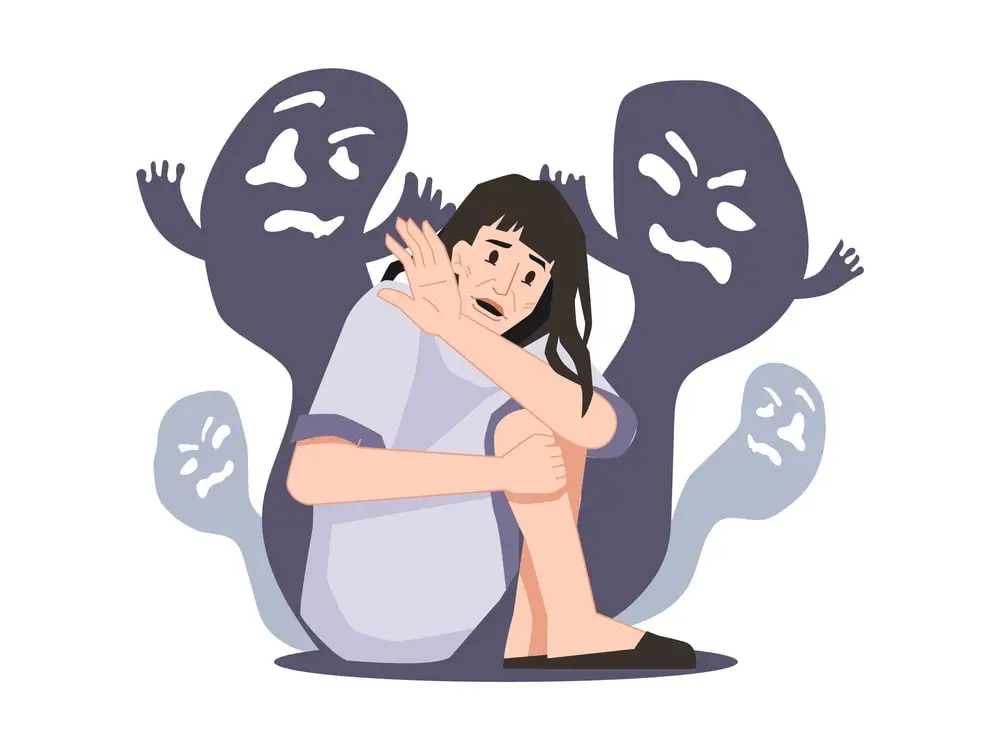
An individual with schizophrenia typically displays hallucinations, delusion and disorganized thinking or speech as symptoms, as well as experiencing negative symptoms like lack of interest or motivation to start or maintain jobs or relationships. Additionally, negative symptoms may include loss of motivation to pursue hobbies or maintain friendships.
If a loved one is showing symptoms of catatonic schizophrenia, it’s essential that you remain calm and ensure they’re safe. They could become more likely to attempt self-harm or hurt others if their anxiety increases; 911 should be called immediately or the emergency services number in case they mention self-harming behaviors or express thoughts of suicide.
If a family member on antipsychotic medication experiences catatonia, sedatives or even electroconvulsive therapy (ECT) may be necessary. Nutrition through tube feeding or intravenous fluids might also be needed.
Diagnosis
No single lab test or imaging scan exists to diagnose schizophrenia; however, health care providers can rule out other causes for the person’s symptoms by asking about their history and symptoms, including how long they’ve had them and interviewing family members as necessary. They’ll also ask whether someone has ever misused drugs or has a family history of mental illness.
Schizophrenia typically begins during early adulthood, usually between 15-25 for men assigned male at birth and 25-35 for those assigned female. Rarely, however, it can appear in children.

Schizophrenia symptoms tend to worsen over time, with periods of improved and worse health and functioning. While the exact cause is unknown, experts speculate that genetic factors and an imbalance of dopamine could play a part.
If a person suffers from catatonic schizophrenia, they’ll typically be prescribed benzodiazepines such as Lorazepam or electroconvulsive therapy (ECT) as treatments to alleviate some of its most distressful symptoms such as hallucinations and delusions. Doctors may also prescribe other medicines for depression anxiety seizures or seizures as needed and provide individual and family therapy or skills training as additional interventions.
Treatment
People of any race or culture can develop schizophrenia, though symptoms typically appear during teenage years or early 20s – men more than women tend to show early symptoms. Since there is no single test to diagnose it, a health care provider will often assess a person’s mental state over several months and rule out other possible causes before providing a definitive diagnosis. Hallucinations — vivid yet false beliefs that appear real but are false — and delusions (including persecutory delusions that suggest someone or something is trying to harm them), as well as auditory hallucinations where voices don’t exist – are common symptoms in schizophrenia.
Doctors can treat most symptoms of schizophrenia with medications such as antipsychotic medicines. Additionally, they may prescribe other drugs to assist with movement problems caused by tardive dyskinesia or Tourette syndrome or conditions like depression or bipolar disorder that can produce catatonic behavior.
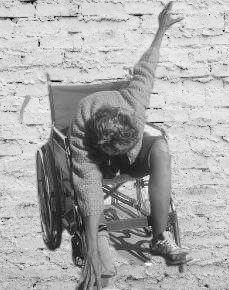
Psychoeducation programs can assist friends and family members of those suffering with mental illnesses in learning more about the illness, providing assistance when necessary, recognizing early warning signs of relapses, catatonic symptoms should be watched carefully so as not to harm themselves or others, with education on how to describe symptoms to a doctor or hospital staff being provided to these people as soon as possible.
Prevention
Friends and family who observe signs of catatonia should encourage the person affected to seek treatment immediately, remain knowledgeable of schizophrenia’s symptoms such as hallucinations and delusions, and act quickly should they see any of these traits themselves in someone they care for. They should also help the individual express themselves when needed by helping them verbalize how they’re feeling or acting on it themselves.
People with a family history of schizophrenia and individuals diagnosed themselves are at increased risk. Genetics play an integral part, but other factors also come into play; complications related to pregnancy – like gestational diabetes and preeclampsia; malnutrition; vitamin D deficiency can increase risks further as can living under prolonged extreme stress for extended periods.
People diagnosed with schizophrenia should always take their prescribed medication as prescribed, even if they feel better. Stopping medications abruptly can cause relapses and worsening of symptoms; alcohol and illegal drug consumption is also detrimental; cognitive behavioral therapy, in which participants learn early warning signs; they can work with their psychiatrist to find the optimal dosage and method of delivery can also provide invaluable help in managing side effects of medication.

